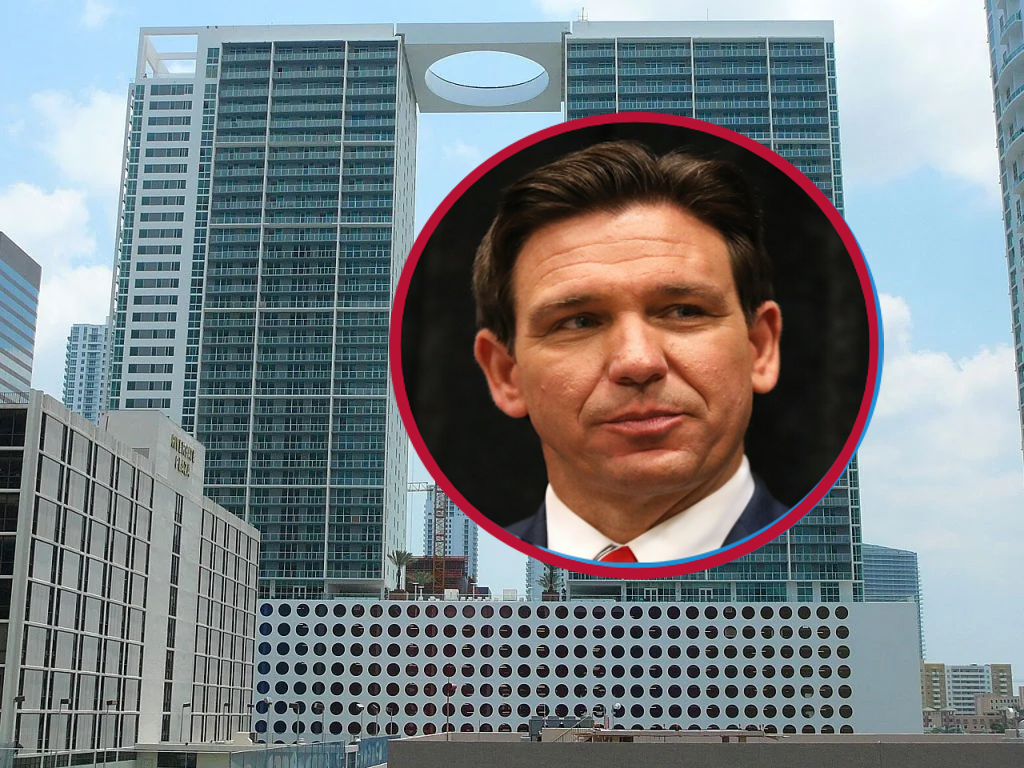Governor Ron DeSantis recently convened a roundtable with condominium owners and association leaders to discuss the growing concerns stemming from the implementation of new condo safety legislation. This meeting, held on September 9, 2024, focused on the financial and logistical challenges that condo owners are facing as they work to meet the safety and inspection standards introduced by House Bill 1021. While the Governor emphasized the importance of these safety measures, he has yet to offer any concrete solutions to address the significant financial strain many residents are experiencing.
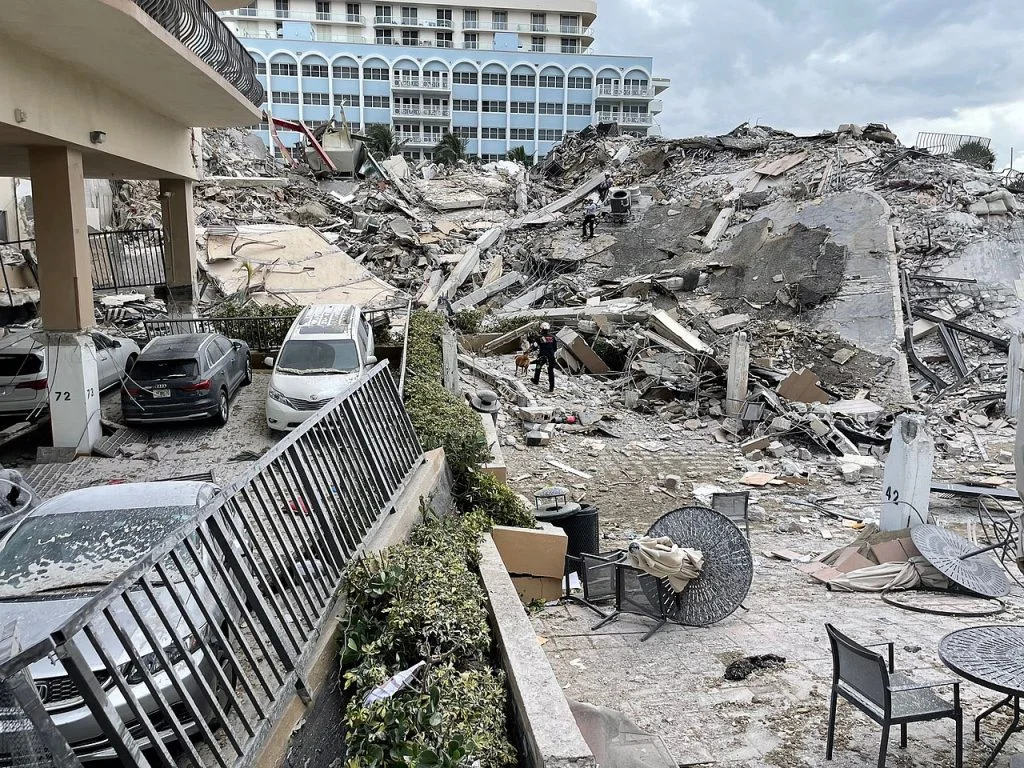
House Bill 1021 was signed into law earlier in 2024, aiming to improve condominium safety and prevent future tragedies like the 2021 collapse of Champlain Towers South in Surfside, Florida. The law mandates stricter inspections for older buildings and places more oversight on condo boards. However, many condo owners are now facing steep assessments and higher fees as buildings rush to comply with the new regulations. The cost of necessary repairs and updates is often passed down to residents, many of whom live on fixed incomes and are struggling to afford the increased financial burden.
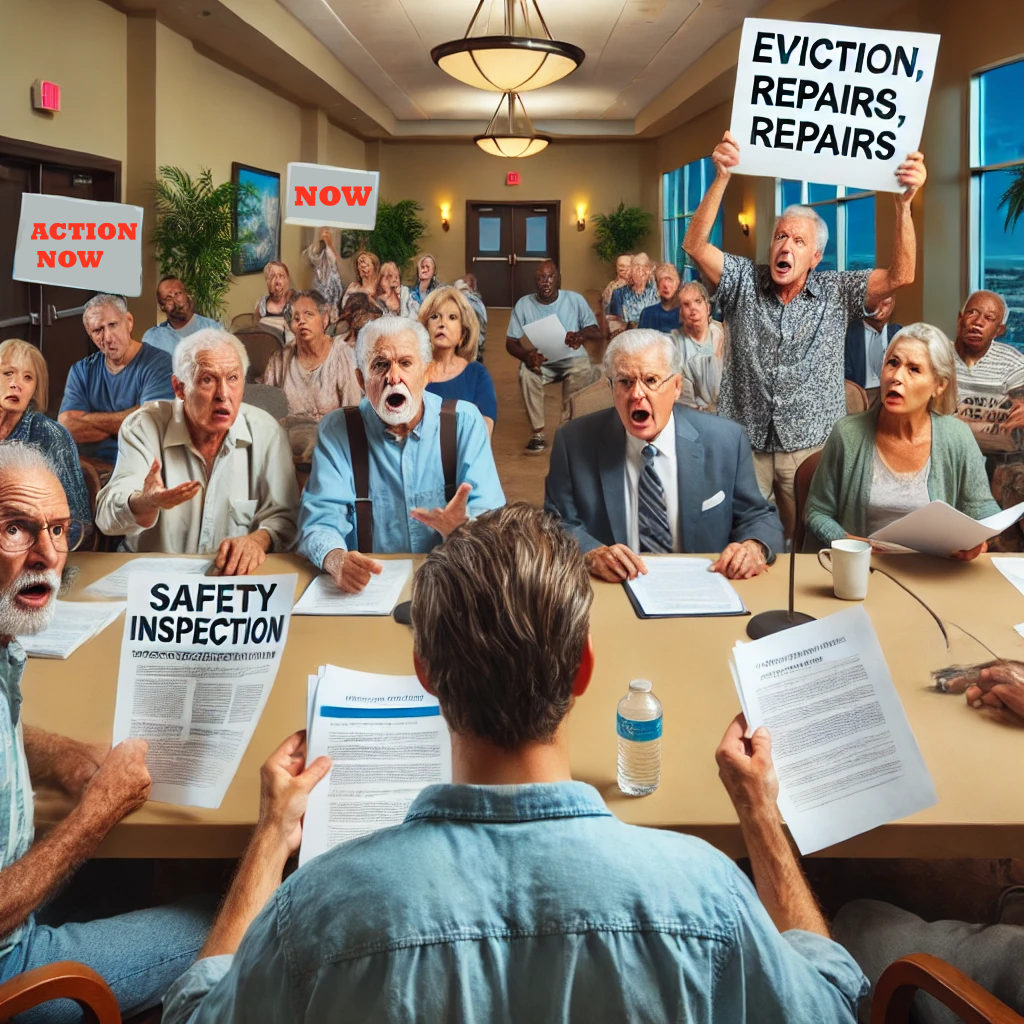
At the roundtable, Governor DeSantis acknowledged the concerns of condo owners, stating that he understood their anxiety about rising fees and approaching deadlines. He expressed his commitment to finding solutions that balance safety with affordability. Lieutenant Governor Jeanette Nuñez also assured residents that the administration is listening to their concerns, hoping to ease their fears about being displaced due to the rising costs of compliance with the new regulations. Despite these assurances, no immediate relief or specific plans were put forth during the discussion.
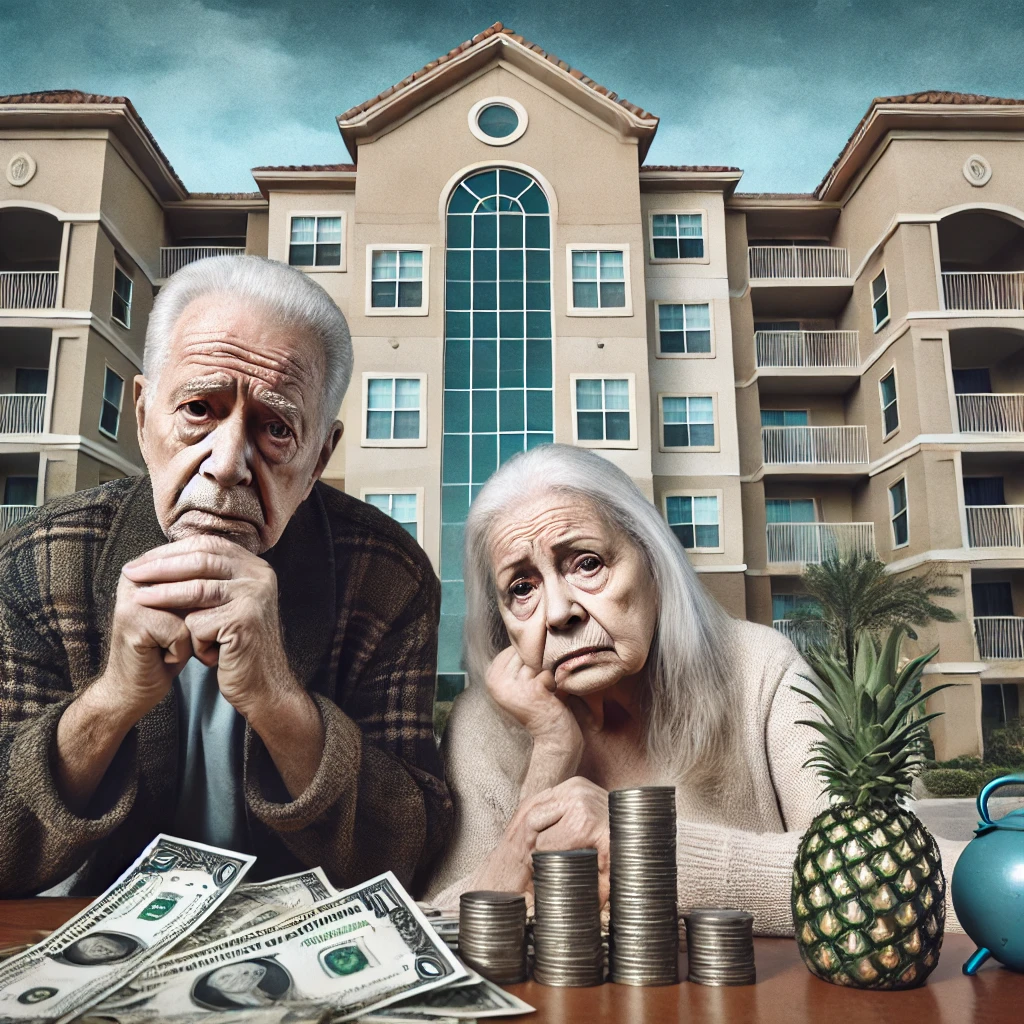
Condo owners have been vocal about the hardships the legislation has created. Many are calling for an extension of inspection deadlines or some form of financial assistance to help cover the costs of required repairs. Despite these widespread calls for action, Governor DeSantis has stopped short of calling a special legislative session that could potentially address these issues. His reluctance to take that step has drawn criticism from those who believe that the current pace of action is insufficient given the scope of the problem.
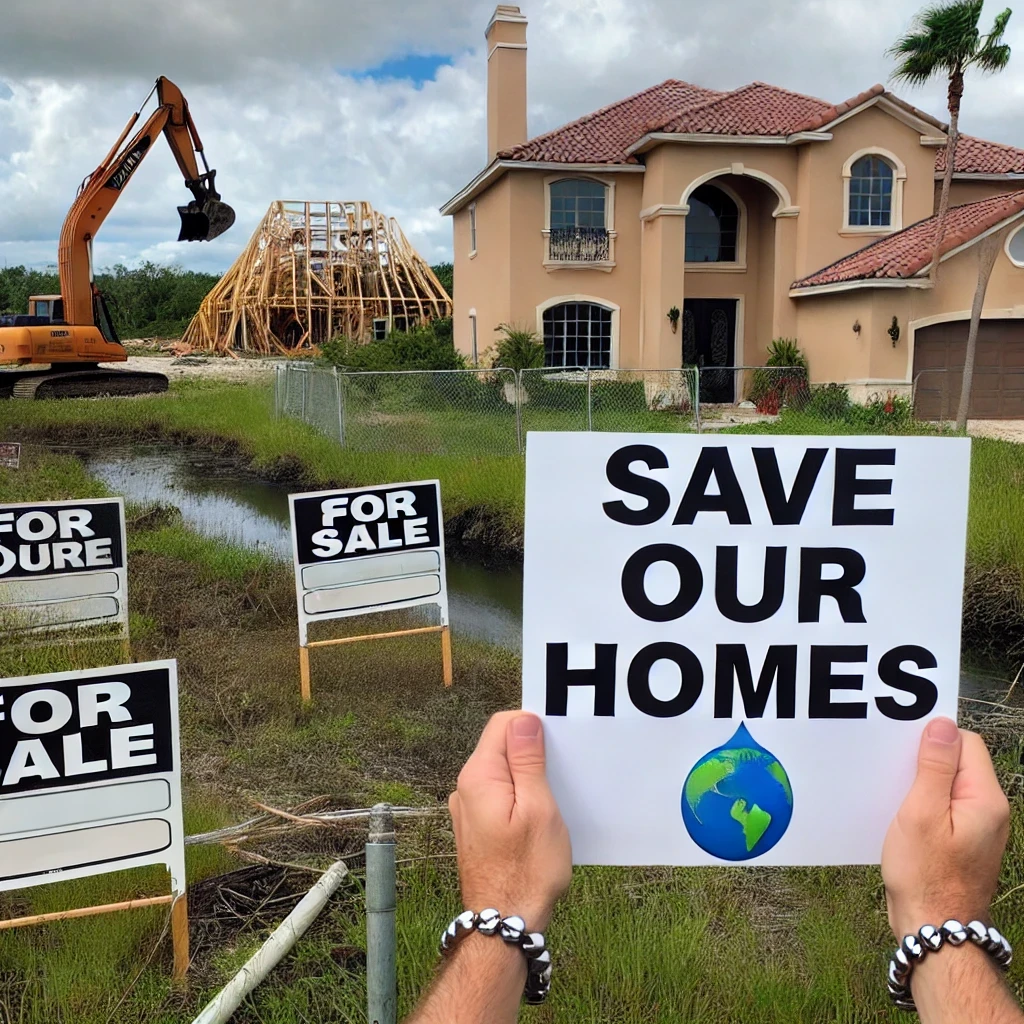
A special session would allow lawmakers to revisit the legislation and potentially amend it to provide more flexibility for condo owners. Possible solutions could include financial aid programs, extended timelines for compliance, or targeted relief for low-income residents. However, DeSantis seems content for now to rely on discussions and roundtables rather than legislative intervention. This approach has frustrated many condo owners who feel that time is running out to meet the new safety standards without incurring crippling costs.
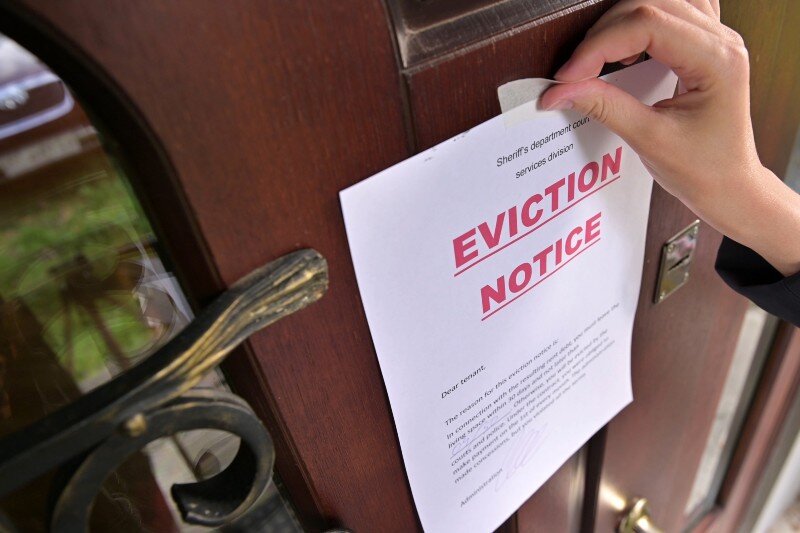
The fallout from House Bill 1021 is not limited to condominiums. The apartment and rental market in Florida is also feeling the effects of the new inspection requirements. Some landlords, faced with the costs of bringing aging buildings up to code, are choosing to seek condemnations of their properties instead. This has led to evictions across the state as landlords attempt to avoid the expense of necessary safety upgrades by simply closing down buildings, leaving tenants with few affordable housing options.
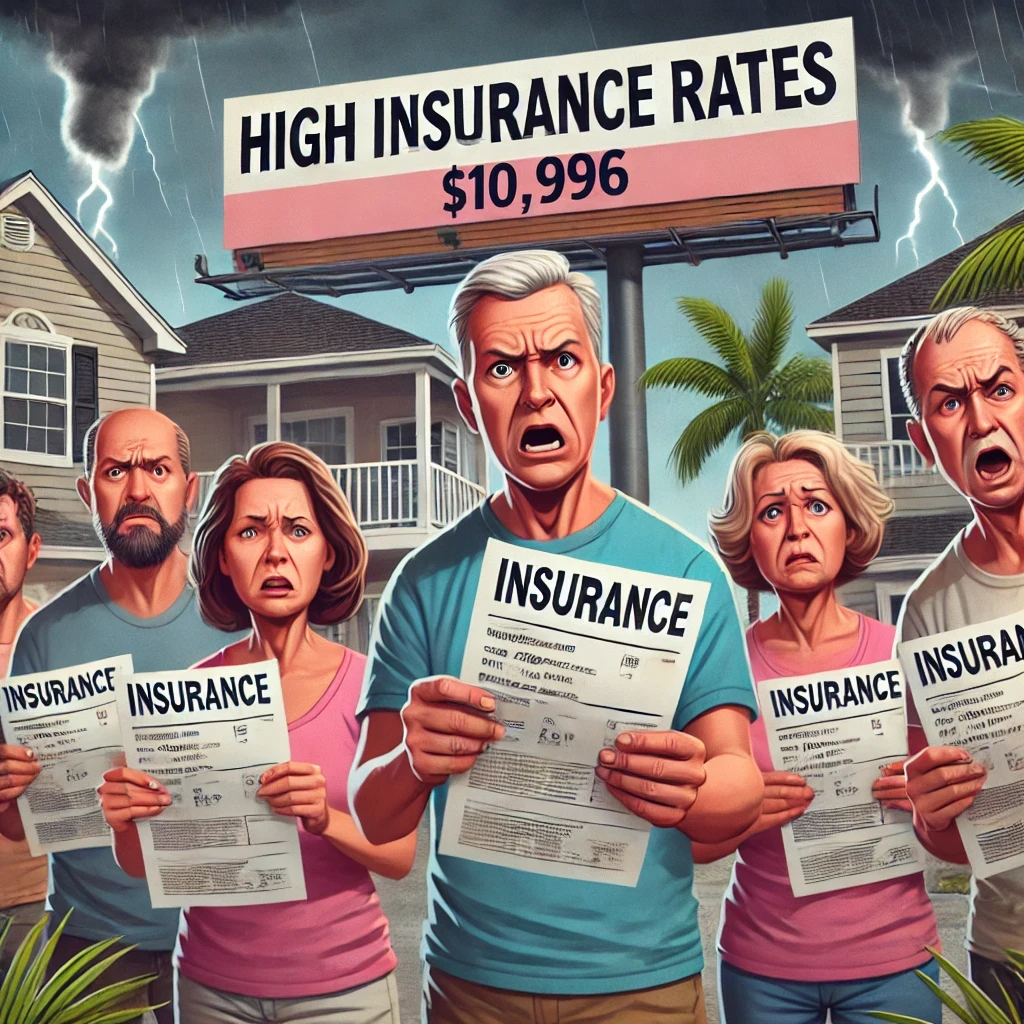
DeSantis’s roundtable may have provided a platform for condo owners to voice their concerns, but without legislative action, those concerns are unlikely to be resolved. As more buildings approach their inspection deadlines, the financial pressure on condo owners is only going to increase. Critics argue that these discussions are more about optics than substance, allowing the Governor to appear engaged while avoiding the politically challenging work of calling a special session.
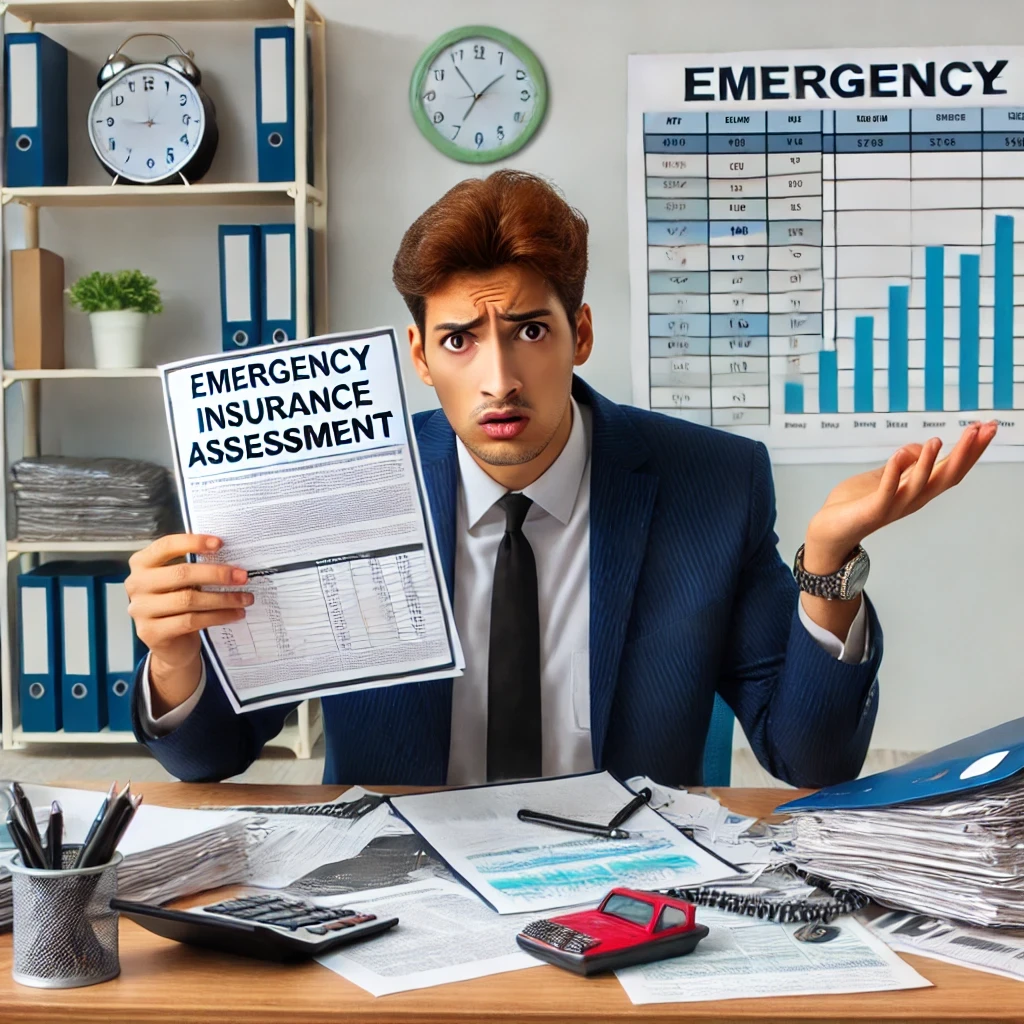
For many Floridians, the consequences of the new legislation are already being felt. Retirees and lower-income condo residents are particularly vulnerable, as they face losing their homes if they cannot afford the assessments required to comply with the new safety regulations. The strain is expected to worsen as more buildings are forced to undertake expensive repairs, with little help currently being offered at the state level.

Governor DeSantis has repeatedly stressed the importance of balancing safety with affordability, but the current trajectory suggests that balance is far from being achieved. Without more decisive action, the safety reforms introduced by House Bill 1021 could end up displacing thousands of Floridians, the very people the legislation was intended to protect. A more robust response is needed if the Governor’s administration truly intends to prevent the financial ruin of those living in affected condos.
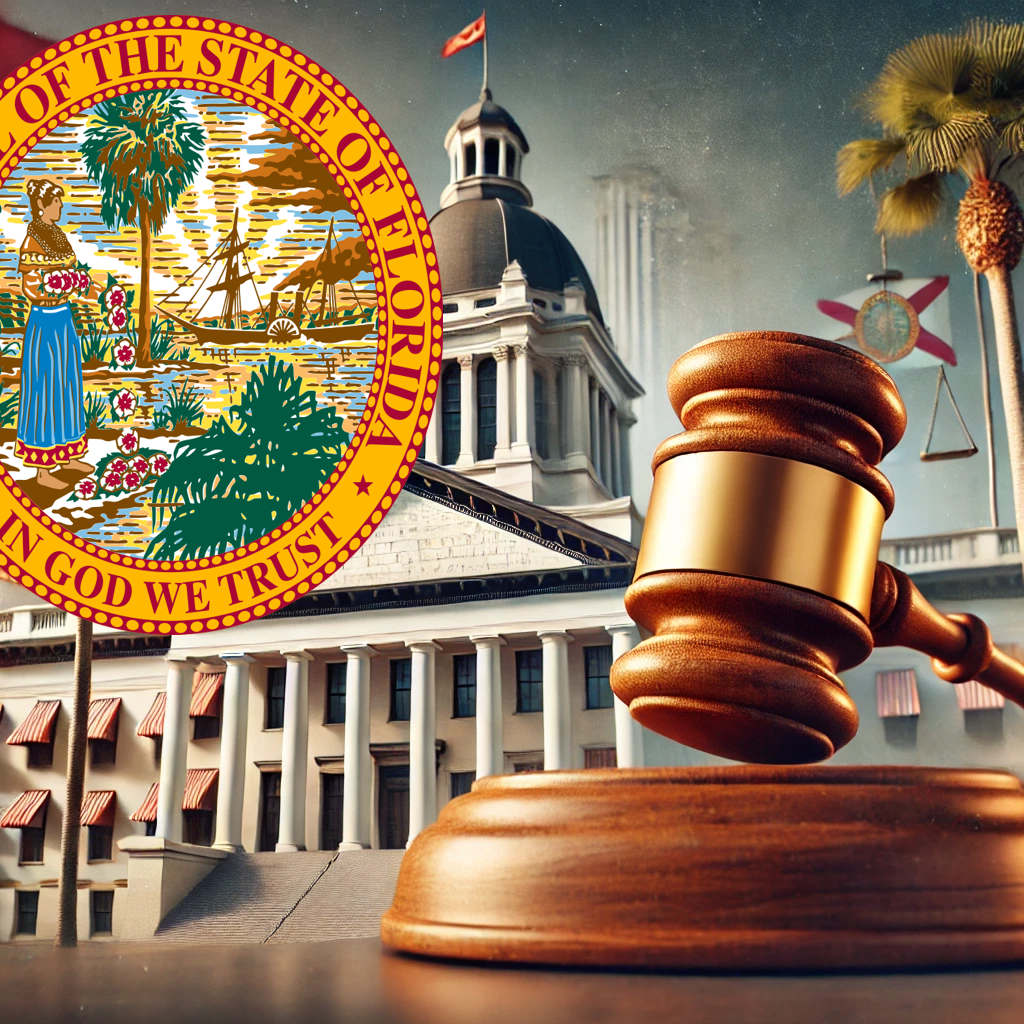
Ultimately, Governor DeSantis’s handling of this situation will likely play a significant role in shaping his legacy in Florida. The fallout from House Bill 1021 has created a dilemma that requires more than just roundtable discussions to solve. Unless the Governor takes meaningful steps to address the unintended consequences of the legislation, the economic and social impact on Florida’s residents will only continue to grow.

